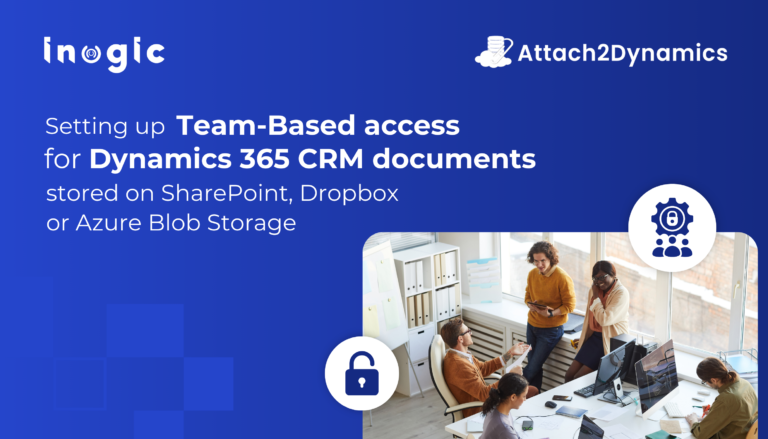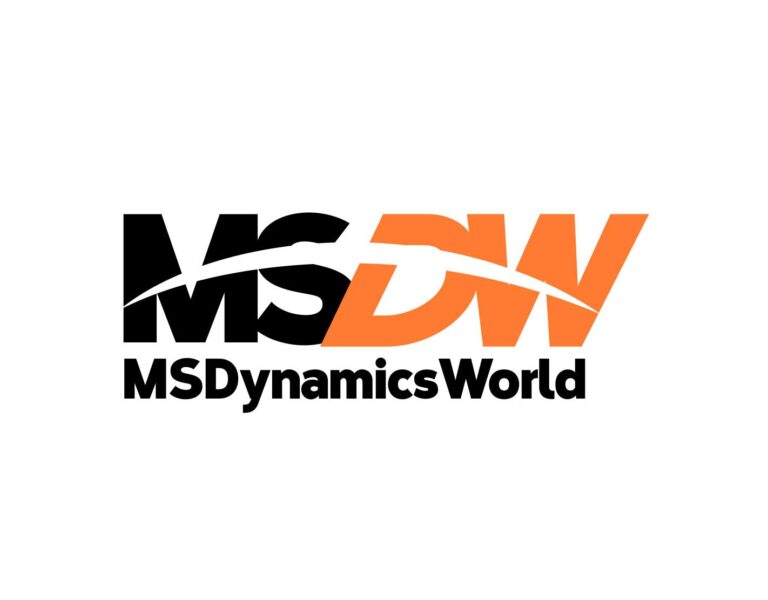The ideal features in a customer portal may vary depending on the industry, business needs, and the types of customers that the portal is meant to serve. However, here are some common features that can be considered essential.
Common Features of Salesforce Customer Portal
- User-friendly interface: The portal should be easy to navigate and use, with clear labels and an intuitive design.
- Personalization: Customers should be able to personalize their portal experience, such as setting preferences or customizing their dashboard.
- Account management: Customers should be able to manage their account details, such as updating their contact information or changing their passwords.
- Self-service options: The portal should allow customers to perform tasks on their own, such as making payments, checking order status, or requesting support.
- Support options: Customers should be able to access support resources, such as FAQs, a knowledge base, chat, or phone support.
- Notifications: The portal should provide notifications to customers on updates, such as order status changes, billing updates, or new content added.
- Mobile accessibility: The portal should be optimized for mobile devices to allow customers to access their accounts on the go.
- Integration with other systems: The portal should integrate with other business systems, such as CRM, ERP, or marketing automation, to provide a seamless customer experience.
- Data analytics: The portal should provide insights into customer behavior, such as tracking their activities, preferences, or purchase history, to help businesses understand their customers better.
- Security: The portal should be secure and protect customers’ personal information, such as using encryption, two-factor authentication, or other security measures to prevent unauthorized access or data breaches.
Don’t forget to check out: Customer Portal Basics: Solving the Essential Challenges
Now that we have an understanding of what features a portal should have, let’s look at how some industries can utilize such a tool in their workflow:
- Healthcare industry: A customer portal can allow patients to book appointments, access medical records, and communicate with healthcare providers. It can also provide remote care options, such as telemedicine or remote monitoring.
- Financial industry: A customer portal can allow clients to access banking services, view account balances, and perform transactions. It can also provide investment management tools like portfolio tracking and financial planning.
- Retail industry: A customer portal can allow customers to track orders, view purchase history, and receive personalized recommendations. It can also provide loyalty programs, coupons, and product reviews.
- Education industry: A customer portal can allow students to access course materials, submit assignments, and communicate with teachers. It can also provide career services like job postings and resume reviews.
- Real estate industry: A customer portal can allow clients to search for properties, schedule viewings, and submit offers. It can also provide property management tools like rent payments and maintenance requests.
- Travel industry: A customer portal can allow customers to book travel, view itineraries, and manage reservations. It can also provide travel recommendations, reviews, and loyalty programs.
- Government industry: A customer portal can allow citizens to access government services, such as applying for permits, paying taxes, or requesting records. It can also provide public information, such as news updates and community events.
- Insurance industry: A customer portal can allow policyholders to view policy details, make claims, and track claim status. It can also provide risk management tools, such as safety tips and disaster planning.
- Manufacturing industry: A customer portal can allow customers to track orders, view production status, and request customization options. It can also provide warranty information, product manuals, and support resources.
- Legal industry: A customer portal can allow clients to access legal documents, communicate with lawyers, and track case progress. It can also provide legal research tools like case law databases and regulatory updates.
The Salesforce customer portal is a powerful tool that allows businesses to provide their customers with a self-service platform to access information, support, and manage their accounts. Here are some of the advantages of using the Salesforce customer portal:
- Improved customer experience: The customer portal allows customers to access information and support services quickly and easily, which can improve their overall experience and satisfaction with the company.
- Increased efficiency: By providing customers with self-service options, businesses can reduce the volume of support calls and emails, freeing up customer service teams to focus on more complex issues.
- Better data management: The customer portal allows businesses to centralize customer data, making it easier to manage and analyze. This can provide valuable insights into customer behavior and preferences.
- Increased engagement: The customer portal can provide customers with personalized content and recommendations based on their interests and activity history, which can increase engagement and loyalty.
- Enhanced collaboration: The customer portal can allow customers to collaborate with other customers or partners, providing opportunities for networking and knowledge-sharing.
- Customizable: The Salesforce customer portal is highly customizable, allowing businesses to tailor the platform to their needs and branding.
- Mobile-friendly: The customer portal is optimized for mobile devices, allowing customers to access the platform on the go, anywhere, at any time.
- Improved security: The customer portal provides robust security features, such as two-factor authentication and encryption, to protect customer data and prevent unauthorized access.
- Integration with other systems: The customer portal can integrate with other Salesforce products, such as Sales Cloud or Service Cloud, as well as other business systems, such as ERP or marketing automation, providing a seamless customer experience.
![]() Check out another amazing blog by CRMJetty here: Hire Salesforce Developer: Internal, External; Onshore vs. Offshore
Check out another amazing blog by CRMJetty here: Hire Salesforce Developer: Internal, External; Onshore vs. Offshore
Overall, the Salesforce customer portal can help businesses improve customer engagement, streamline operations, and increase customer satisfaction, increasing revenue and growth. However, if you want to branch off into using a third party alternative for your customer portal, you can try our alternative to the Salesforce customer portal, PortalXpand, a Salesforce Customer Portal.











